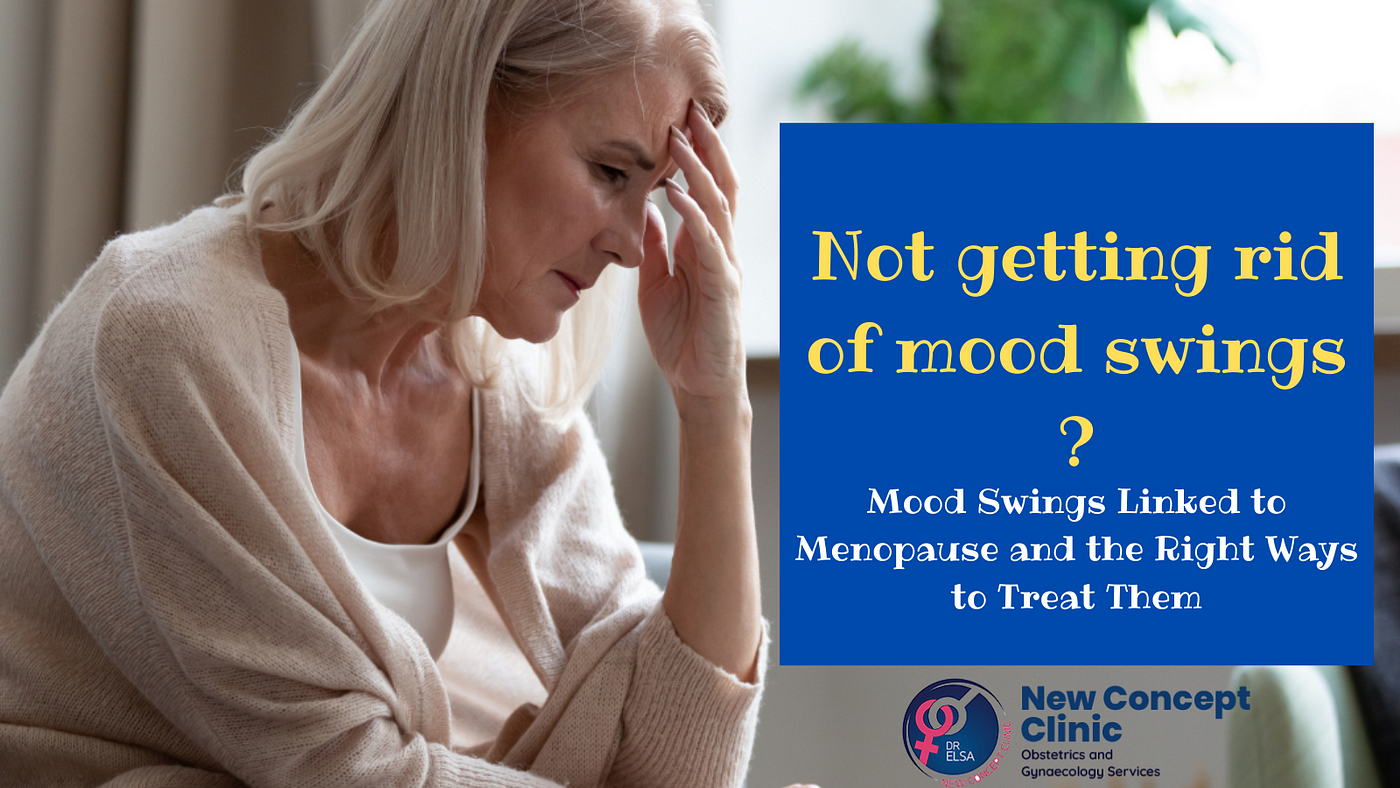
For a woman marking the end of childbearing years brings a rollercoaster nature of emotions lived. To some the stage is bittersweet and to others it is painful. Menopause is the time when a woman goes 12 months without getting their period. It generally occurs in the age of 40s to 50s. Along the period, the menstrual flow is said to be longer or shorter, heavier or lighter than it was before.
The main cause of perimenopause and Menopause is due to the drop in estrogen and progesterone levels starting from the age of 30s. The drop in the level of estrogen and progesterone helps regulate several hormones that lead to changes in emotions, mood swings, and changes in the body.
Aspects of Menopause Mood Swings
The most common menopause mood swings are:
- Irritability: In the earlier stage of menopause around 70% of women feel irritated. They feel more annoyed and become less tolerant of the things they used to be normal at.
- Depression: Everyone out of the five women feels depressed and fails to analyze the emotional side effects of menopause. Depression in menopause is considered the most common and emotional side occurring of menopause.
- Anxiety: Anxiety in menopause includes tension, panic attacks, nervousness, etc. Many women experience it at an increasing level and some experience it for the first time.
- Weepy episodes: The feeling of crying over everything is what we call weepy episodes. Under this situation, a woman feels like crying, However, the situation is said to reduce the stress and release the feelings.
- Insomnia: One of the most common symptoms affecting women in menopause is Insomnia. It happens to around 50% of the women who undergo menopause and leads to other mood swings like feeling dizzy, not talking to anyone, etc.
When to look for a doctor
In conversation with Dr. Elsa, a Top Gynaecologist in Dubai it is advised to look for a healthcare provider if your mood swings are extreme, causing you added anxiety and others. To monitor and better explain all the details to your healthcare provider you can maintain a diary and pen down all the mood swings, activities, and others. Post your meeting the doctor may ask you to appear for a few tests like blood tests, other physical exams, etc.
Methods to cure Menopausal mood swings
Apart from physical exams and blood tests, there are other additional treatment options that a woman can undergo to treat the situation.
- Short term hormone replacement therapy
- Acupuncture treatment
There are several lifestyle changes that are considered right to treat the mood swings happening during the period of menopause. Doctors advise following strict rules in lifestyle changes like exercising, maintaining a proper diet, getting desired or enough sleep, connecting with your near and dear ones, etc. These lifestyle changes are said to make a positive impact on the emotional aspect of women going through menopause.
Apart from the above-mentioned lifestyle changes yoga, and meditation are also said to deliver positive results and make women feel more grounded.
No comments:
Post a Comment